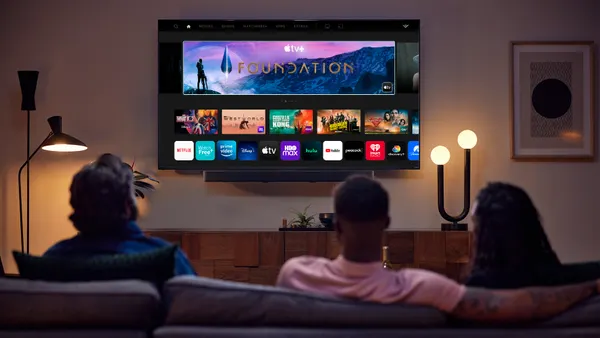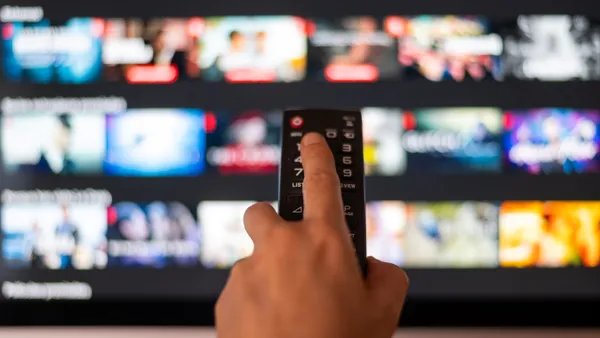Dive Brief:
- Thirty-one percent of Americans think Super Bowl LIII will be more political compared to last year and 11% think it will be less political, according to a survey by Morning Consult and The Wall Street Journal's CMO Today shared with Marketing Dive. Republicans are more likely to view the Super Bowl as political at 35%.
- Two-thirds of Americans said that the Super Bowl is an inappropriate place for advertisers to make political statements versus the 20% that said it's appropriate. Eighty percent of Republicans think making political statements during the Super Bowl is inappropriate compared to 55% of Democrats. Most consumers (68%) prefer companies to refrain from making statements on political and cultural issues, and 14% said it's okay.
- Younger consumers, including 27% of Gen Z and 20% of millennials, are receptive to advertisers speaking out. Respondents said they would be more responsive to ads that focus on issues like helping veterans (70%) and disaster relief (58%), and less receptive to advertisers focusing on issues that support (42%) or oppose (36%) President Trump's policies or kneeling during the national anthem (40%).
Dive Insight:
As the call for brands to be braver and take a stand on social issues grows among consumers, it's clear that those desires don't always translate across events, such as the Super Bowl. Still, it will be unsurprising if there's some bolder marketing at the game this year following the success of ads like Nike's recent push with the social justice activist and NFL free agent Colin Kaepernick.
Interestingly, Morning Consult and CMO Today found that sentiments around Super Bowl politics are roughly split along political party lines. Democrats are more likely to have an unfavorable impression of advertisers that support Trump's initiatives and stricter abortion polices, while Republicans feel the same about national anthem protests and messages opposing Trump.
The 71% of Americans who plan to watch the Super Bowl likely view the game as an entertainment event that they want to enjoy politics-free. The 24-hour news cycle and politically divisive issues, like the ongoing government shutdown, have many consumers feeling "news fatigue." Sixty-eight percent of Americans report they feel worn out by the amount of news today, according to the Pew Research Center. .
Consumer sentiment regarding the Super Bowl and political messaging hasn't changed much over the past year. A January 2018 survey by Burson-Martseller's Fan Experience and WPP's PBS research consultancy found that 63% of Americans thought the Super Bowl is not the appropriate place for political messages. The groups found that 51% of millennials thought the game is "very appropriate" or "somewhat appropriate" venue.
The Morning Consult finding that younger consumers are more likely to respond to political messaging aligns with previous research. Gen Z is more likely than other generations to consider a brand's ethics when deciding whether to purchase or boycott a brand. Fifty-seven percent of teens, compared to 49% of adults, are willing to pay more for brands that support the causes or organizations that are important to them, according to MediaCom research.












